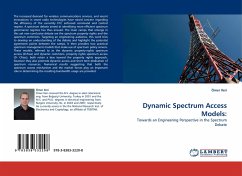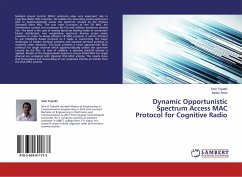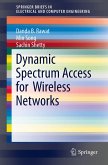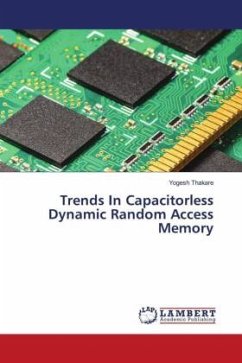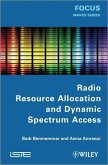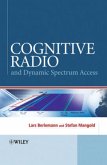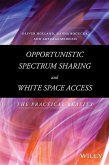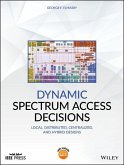The increased demand for wireless communications services, and recent innovations in smart radio technologies have raised concern regarding the efficiency of the currently FCC enforced command and control regime. A spectrum debate aimed at identifying more efficient spectrum governance regimes has thus ensued. The main camps that emerge in this yet non-conclusive debate are the spectrum property rights and the spectrum commons. Targeting an engineering audience, this work tries to develop an understanding of the debate and highlight the potential agreement points between the camps. It then provides two practical spectrum management models that make use of spectrum policy servers. These models, referred to as the dynamic property-rights spectrum access (D-Pass) and dynamic commons- property rights spectrum access (D- CPass), both retain a bias toward the property rights approach, however they also promote dynamic access and short term dedication of spectrum resources. Numerical results suggesting that both the spectrum access mechanism and the market forces play an important role in determining the resulting bandwidth usage are provided.
Bitte wählen Sie Ihr Anliegen aus.
Rechnungen
Retourenschein anfordern
Bestellstatus
Storno

